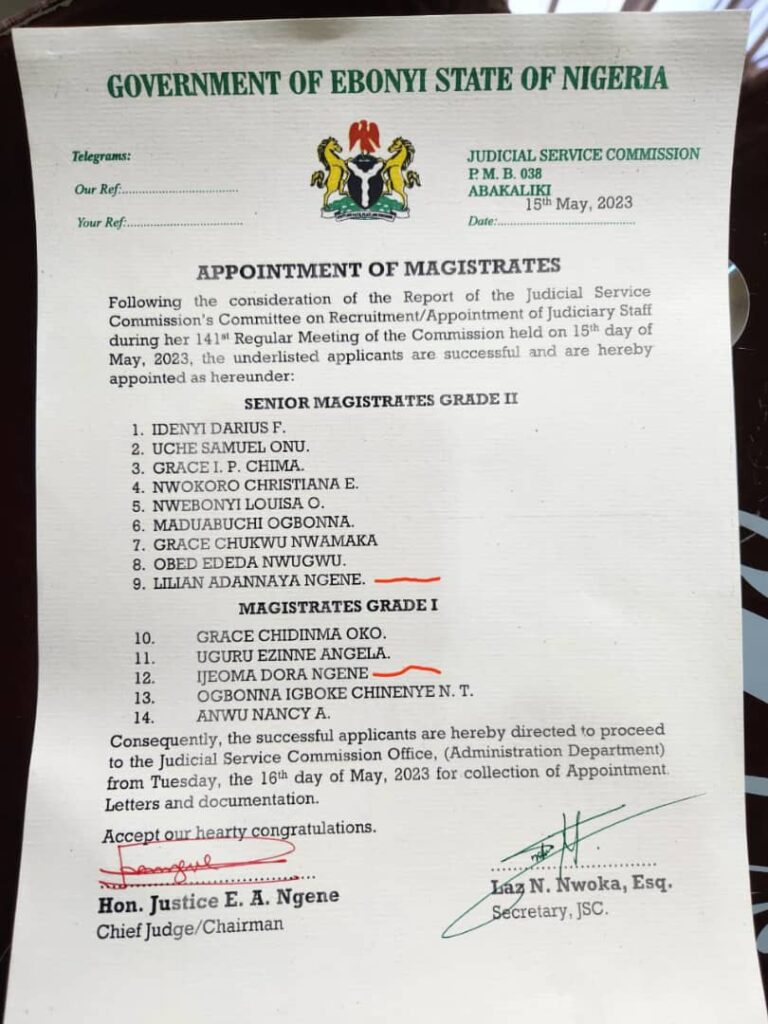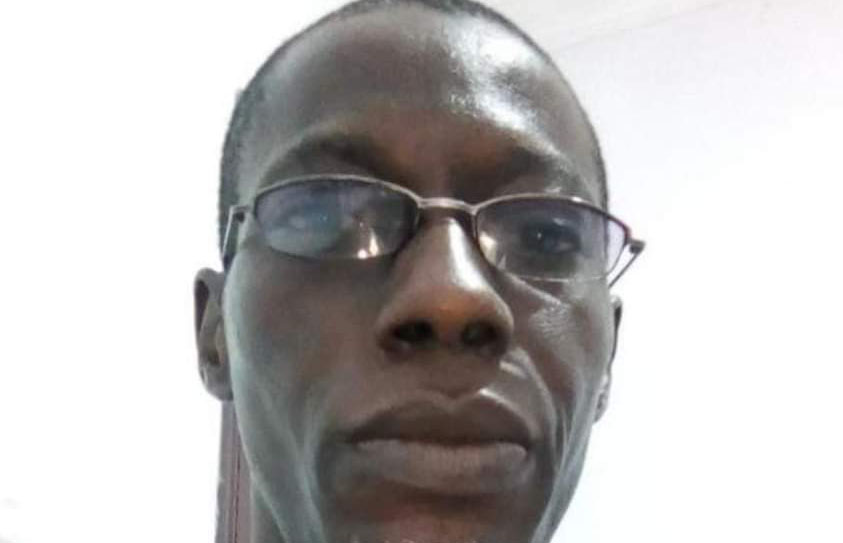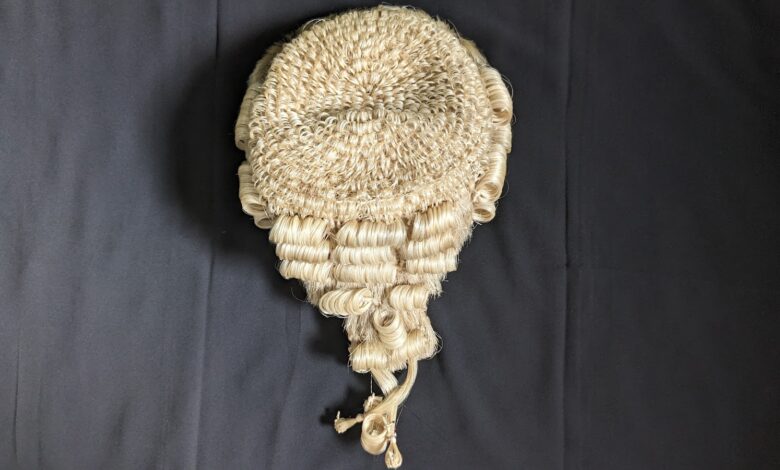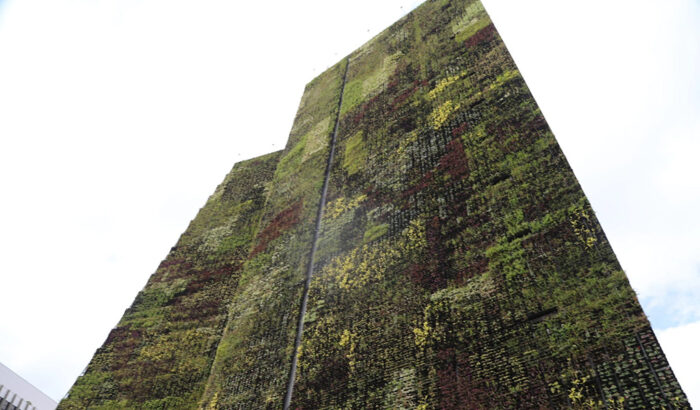There have been more criticism than approval in the hours following news of the latest nominees to become judges at the Federal High Court.
According to Friday’s statement signed by Soji Oye, the Director of Information at the National Judicial Council (NJC), 23 candidates will become judges at the federal high court once President Bola Tinubu approves their appointment.
One of the candidates was Kayode Ariwoola, a son of Chief Justice of Nigeria (CJN) Olukayode Ariwoola. The older Ariwoola also chairs the NJC.
Critics have alleged that the judiciary has been biased and corrupt in its selection process.
READ ALSO: FLASHBACK: The Day CJN Ariwoola Rules That Forfeiture Means Punishment for Crime
Chidi Odinkalu, Professor of Practice in International Human Rights Law at Tufts University and former Chairman of Nigeria’s National Human Rights Commission, condemned the selection on Saturday.
“Judicial appointments in Nigeria have been reduced to a matrix of filial, transactional and genital relations. That is the major thing that qualifies many people now to get to the bench. The age in which merit, character and learning mattered is over,” Odinkalu tweeted.
Odinkalu had consistently criticised similar judicial appointments that appeared dubious in the past.
The Ebonyi State Judicial Service Commission, chaired by Chief Judge EA Ngene, approved the appointment of Lillian Adanna Ngene and Ijeoma Adaora Ngene as new magistrates alongside 12 others in May. They were Ngene’s wife and sister-in-law.

Legal experts have voiced their concerns about the repeated pattern of nominating family members to the bench as judges.
READ ALSO: DETAILS: What Nigeria’s President, Senators Really Earn
Judges are selected through certain procedural rules.
“The Federal Judicial Service Commission, State Judicial Service Commission and the Judicial Service Committee of the Federal Capital Territory shall comply with these Rules in their advice to the National Judicial Council for nominations or recommendations of candidates for appointment of Judicial Officers for the Superior Courts of Record under the 1999 Constitution of the Federal Republic of Nigeria (as amended),” states the first rule.
The following rules provide a step-by-step vetting process for prospective judicial officials. In the case of federal court candidates, the head of a federal court first sends a notice to the Chief Justice and the Chairman of the Federal Judicial Service Commission. The federal court head will state the number of judicial officers intended to be proposed for appointment.
Afterwards, a call for expression of interest by suitable candidates by way of public notice is placed on the website of the Judicial Service Commission concerned. The public notice is also sent to suitable courts and the Nigeria Bar Association (NBA).
A provisional shortlist is created, and those on the list must fill NJC Form ‘A’. This helps the judicial commission to ascertain if the candidates have the essential qualities needed for their office.
READ ALSO: CJN Resignation. What Supreme Court Justices Have Against Tanko
According to the procedural rules, in all cases, candidates must possess “good character and reputation, diligence and hard work, honesty, integrity and sound knowledge of law and consistent adherence to professional ethics”.
It is also expected that the candidate must have had years of active successful practice at the bar and satisfactory presentation of cases in court as a legal practitioner, either in private practice or as a legal officer in any public service.
Candidates will be disqualified if found to have been involved in canvassing or lobbying for the appointment directly or indirectly, recorded bad behaviour, whether in or out of court, influence peddling, living above one’s means or any act of dishonesty or corruption.
Once the federal judicial commission is satisfied, it will send its shortlist to the NJC.
Every shortlisted candidate will then undergo an interview to ascertain his or her suitability for the judicial office. The mode of interview shall be determined by the NJC.
The result of the interview shall form a major part of the decision on the candidate’s suitability for the judicial office for which he or she has been interviewed.
After this final screening, the NJC will determine how many candidates are required to fill up available vacancies. Once this is done, the CJN and chairman will appoint the candidates.
The president only has to approve the CJN’s appointments and they officially become federal high court judges.
Subscribe
Be the first to receive special investigative reports and features in your inbox.















